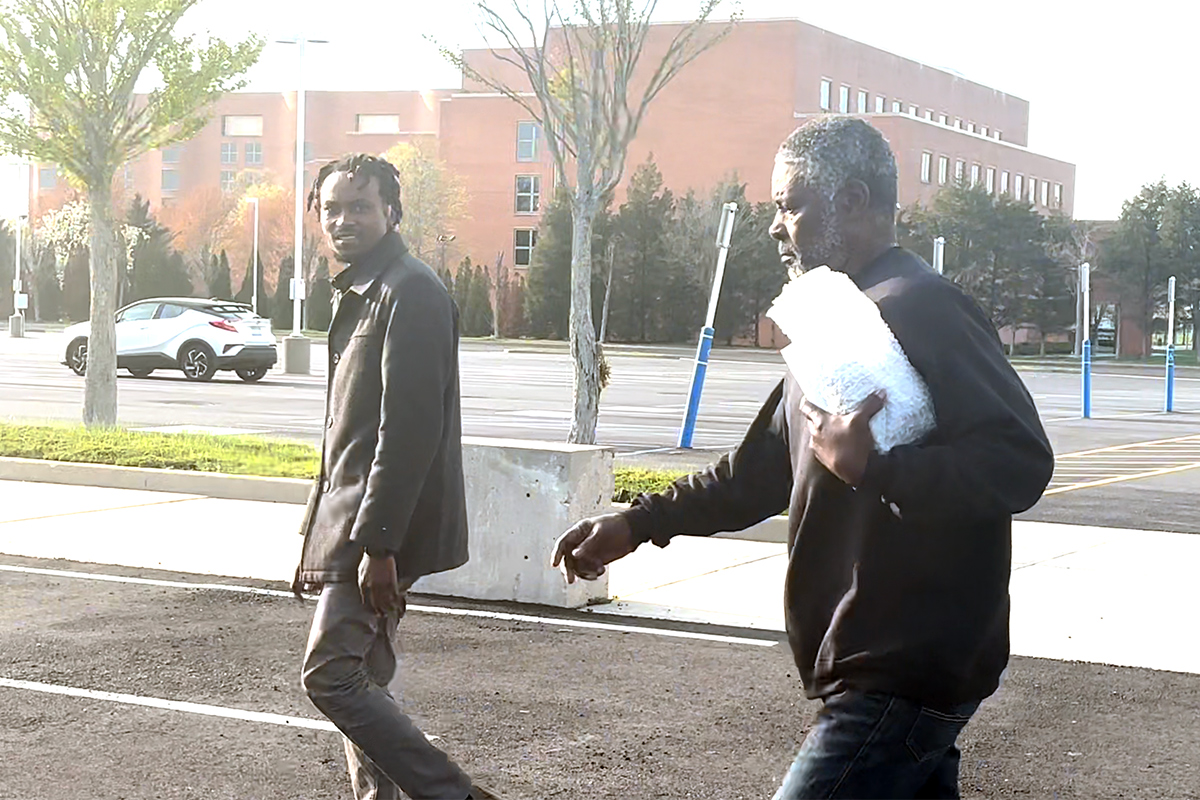On March 27, 2021, Satur-day evening, Jewish people globally will begin celebrating the oldest continually practiced ritual to retell what is arguably the best known of all stories, to partake in the most widely practiced Jewish holiday—Passover: The festival of freedom.

(Photo by Eczebulun/ CC BY-SA 3.0)
This is the time that reflects the story in the Bible how the Almighty passed over the doors of each slave’s family and from that point onward it’s a well-known story of exodus. Even though the Jewish people throughout millennia suffered tremendous persecution and more, the boundless hope, the light at the end of the tunnel was the connection and the remembrance of the great ancient exodus from Egypt.
In preparation for this holiday, Jewish households are occupied with an incredible amount of cleaning. Often, we put so much of our focus into the quality of the cleaning in order to not have chametz (leavened bread) on Passover, that we forget to think about the spiritual meaning of these cleaning actions. Similarly, when we eat matzah during the week of Passover our thoughts are often on digestion–or lack thereof–rather than on the spiritual meaning of matzah.
The spiritual meanings of chametz and matzah are actually the flip-sides of the very same Jewish Kabbalah mystical teaching. The characteristic of chametz is that it rises (think of dough rising into bread or cakes). According to the Kabbalah, rising symbolizes pride, while matzah, which is flat, symbolizes humility. Thus, the process of getting rid of our chametz is not just about getting rid of physical chametz. It is about ridding ourselves of our “spiritual chametz”—the negativity we build up in our lives that we need to find a way to let go of so we can embrace what is truly important.
This year, like on every year, the conclusion of the eve of Passover celebration has the Haggadah statement: “This year we are slaves, next year we’ll be free.” For us, this year is a time that we cannot physically be with the family and friends. Some of us join Zoom, virtual, while others just miss being together with the family. Thus, this year we should make an arduous effort to get rid of our negative approach to life, sweep it away, have more gratitude, appreciation and joy.
May we have a meaningful Passover evening filled with positivity, light and true freedom, and may we continue our good deeds in striving to repair the world so that next year all people will be able to be together and live in real safety, peace and harmony.
Happy and healthy Passover.

































